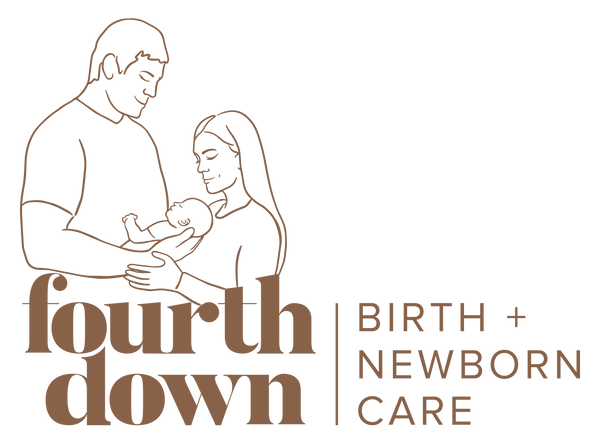Having a strong support system during pregnancy, labor, and the early months of parenthood can greatly help families navigate through transitional periods. However, it can sometimes be challenging for moms to find the necessary resources. That's where a doula comes in. A doula is a professional who goes beyond medical care to provide information and caregiving support throughout the entire journey of parenthood. By understanding the different roles of doulas, you can find the perfect compassionate and caring helper to assist you during pregnancy, labor, and the weeks that follow.
What is a Doula?
A doula is a caregiver to pregnant or postpartum women who offers physical, emotional, and informational assistance to women throughout the childbirth journey. It's important to note that doulas are not medical professionals, and their role is not intended to replace the care provided by your medical team. However, doulas are well-educated in the medical aspects of labor and delivery, which makes them excellent companions for your birthing experience.
While many people associate the definition of a doula with the role of a birth doula, the support you receive during your journey is based on your unique needs. Doulas take on many supportive roles for pregnant women and new moms, whether you're welcoming your first, second, or eighth child into your family.
What Does a Doula Do?
Your doula is available to provide personalized support for you and your family during the transition of welcoming a new baby into the world. Depending on your needs, they can join your support system at any time to provide a variety of services.
- Before Childbirth: You may choose to connect with a doula during the first or second trimester of your pregnancy. Before childbirth, your doula will be able to answer questions, provide educational resources, and help you prepare your birth plan.
- During Labor: A birth doula will be in the labor room to offer physical and emotional comfort measures for you and your partner in the birthing environment you choose. They will work to provide encouragement and relaxation as well as foster positive communication with doctors, midwives, and nurses. Your doula can also provide hands-on support, including position changes, massage, hand-holding, breastfeeding support, and more.
- After Delivery: A postpartum doula offers care for the transition from hospital to home in many ways. You may choose postpartum support, in which a doula provides personalized services that help you adjust to caring for your new baby along with your other responsibilities. A doula can also provide services to support healthy newborn sleep habits or to offer overnight support to give new parents essential periods of rest during the early months of parenthood.
What are the Benefits of Hiring a Doula?
During pregnancy and childbirth, a medical team is there to meet your medical needs. Your partner and other family members provide nurturing support. A doula works alongside these teams to offer personalized professional services that cater to your specific needs. Including a doula on your team can bring numerous benefits throughout the entire childbirth journey.
A doula is an experienced coach who can give your partner the freedom to enjoy the process and focus on providing emotional support. Studies show that having a doula present during delivery decreases the overall cesarean rate by 50%, the length of labor by 25%, and requests for an epidural by 60%. However, unexpected situations can arise during any birthing process, and doulas can also help during these experiences. A doula can provide additional information and encouragement, as well as free your partner to attend to the newborn. Hiring a doula can be beneficial no matter what type of birth you're planning and on occasions when situations change rapidly.
